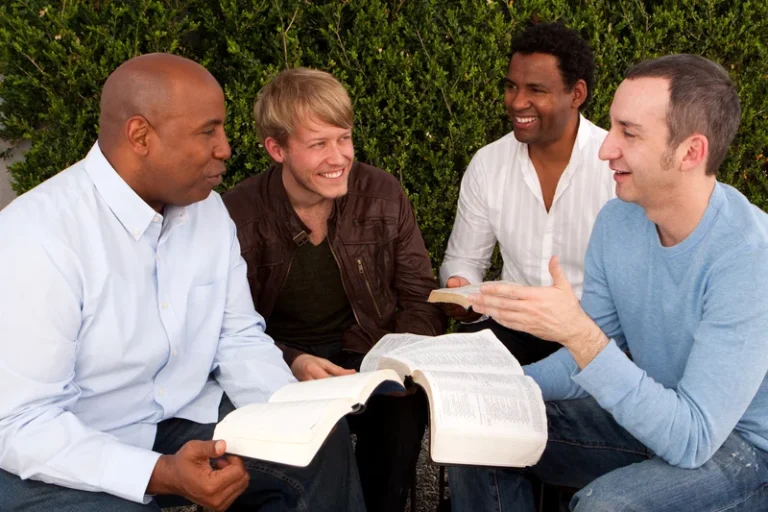
We try to keep these facts uppermost in our minds at all times because they seem to be the key to our sobriety. The consequences of our alcoholic drinking (and thinking) have also varied. Some of our members had become derelicts before turning to AA for help.

Effectiveness
The organization does not condone any sort of discrimination or positive or negative reinforcement about religion or beliefs. Alcoholics Anonymous (AA) is a self-help group founded in 1935 by Bill Wilson and Dr. Bob Smith to help those suffering from alcohol addiction. AA is the largest and most successful mutual support organization in the world, with over two million members worldwide in more than 111,000 groups around the world. It is one of the best-known examples of what is known as a “twelve-step” program, in which members use twelve steps as a way to help them overcome their addiction and heal. Anonymity is vital in Alcoholics Anonymous (AA) because it protects members’ identities, fosters openness, and ensures a judgment-free environment. Many individuals struggling with alcohol addiction fear social stigma, workplace discrimination, and personal repercussions if their participation in AA becomes public knowledge.

What are the Different Types of Meetings Offered by Alcoholics Anonymous?

These meetings foster a sense of community and allow members to learn from one another’s insights. They are suitable for those who value shared experiences and mutual support. AA meetings serve as a space where individuals discuss recovery from alcoholism, with flexibility in how meetings are conducted. At its core, AA can be seen as a set of people who are connected through their shared condition of having problems related to alcohol, such as addiction or abuse. This common bond intersects with other social categories such as race, gender, ability level, and more.

Extend Your AA Journey with Design for Recovery Sober Living Home in Los Angeles
- The book also included case histories of thirty recovered members.
- While there may be other solutions to problem drinking, we know that the AA programme works for us and we have seen it work for every newcomer, almost without exception, who honestly and sincerely wanted to quit drinking.
- This information is both for people who may have a drinking problem and for those in contact with people who have, or are suspected of having, a problem.
- The short answer is “yes” – Alcoholics Anonymous (AA) meetings are still open in Ohio despite the current Coronavirus (COVID-19) pandemic.
- Consequently, this type of special interest group has become increasingly important in our society today, not only to combat addiction but to raise awareness about it and inspire those in recovery to keep going.
Fill out a quick form to connect with specialists and explore personalized paths to lasting recovery. AA alcoholics anonymous meetings can be spiritually inclined, but they are not inherently so. The degree of spirituality in an AA meeting largely depends on the group’s format and the preferences of its members. This confidentiality fosters trust, honesty, and openness among members, enabling them to share their struggles and experiences without fear of exposure or judgment from the outside world. AA groups are self-supporting and rely on voluntary donations from members to cover expenses for literature, meeting spaces, and administrative costs at various levels of the organization. Talk to our caring professionals today and take the first step toward living a fulfilling, addiction-free life.

What Are Some Alternative Treatments to Alcoholics Anonymous?
Throughout Malaysia, there are local AA groups that host weekly meetings to provide those suffering from alcoholism an outlet to talk about it without facing the stigma of society. Generally speaking, attending at least two AA meetings per week will greatly improve recovery outcomes. Ultimately, the frequency of attendance is determined by the individual needs and what works best for them. Generally speaking, attending AA meetings as often as possible can be beneficial to Oxford House continue building progress throughout recovery and maintaining a healthy support system.
- Meetings focus on mutual support, accountability, and personal growth, helping participants build coping skills and maintain long-term sobriety.
- There are no dues or fees for AA membership; we are self-supporting through our own contributions.
- When practiced as a way of life, they can expel the obsession to drink and enable the sufferer to recover from alcoholism.

